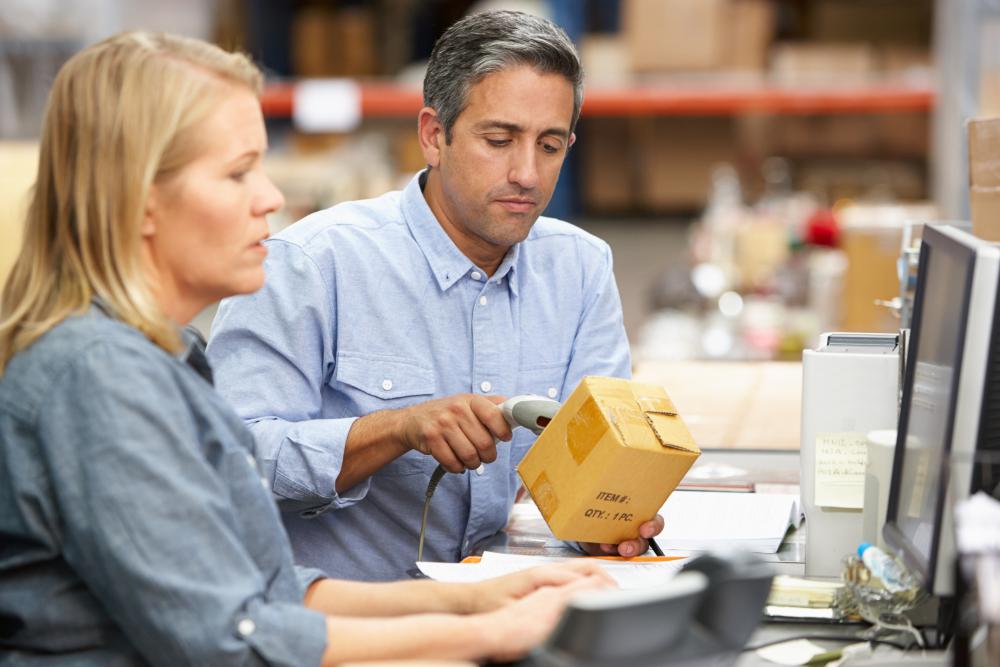At SmartCapitalMind, we're committed to delivering accurate, trustworthy information. Our expert-authored content is rigorously fact-checked and sourced from credible authorities. Discover how we uphold the highest standards in providing you with reliable knowledge.
What Are E-Business Technologies?
E-business technologies consist of a variety of software packages, hardware components, mobile solutions, and analytic processes that facilitate business operations via electronic tools. Organizations use e-business technologies to move and analyze data; to monitor or direct order fulfillment; to process payments; and to communicate with internal departments, vendors, and customers. Examples of e-business technologies include websites, electronic communication mediums, computerized inventory systems, and virtual meeting services, to name but a few, with more options, applications, and solutions appearing almost daily. Since technologies change so quickly, even information technology professionals have difficulty defining e-business technologies beyond generic terms and concepts. What constitutes essential e-business technologies today will likely seem obsolete within five years or even less.
In the early days of electronic commerce, e-business technologies were simple and understood to be limited to computer components, simple retail websites, and payment processing gateways. E-commerce equaled e-business, and thus, e-business technology was any tool that facilitated online sales, ordering, and shipping. Today, however, the tools and technologies used in e-business grow and change in seemingly never-ending revolution with each new technological breakthrough or trend. From point of sale systems to cloud computing, mobile applications to information harvesting, the term e-business technologies can mean almost any form of technology used to increase an organizations' efficiency, decrease expenses, or expand market reach. It could almost be said that any solutions that improve business performance and require electricity could be construed as e-business technologies.

Information technology and the ability to communicate across numerous electronic mediums forever changed how business is conducted and, therefore, the technologies required for e-business. Considering that the only physical necessity for any business is the manufacture and transfer of tangible goods, nearly any other business process can be accomplished through e-business technologies. All other aspects of business can be accomplished online, via fax, or through electronic communication. Automation and mobile computing allow for even further innovation and expansion of what e-business technology means.

For example, a retail business does not require a physical structure or even on-site employees. Using a website, an online payment processor, and on-demand inventory supplies, a business can exist solely in the virtual world of computers and the Internet, while still making a profit. Rather than an infrastructure of retail outlets, warehouses, on-site employees, and in-store stock, the same functions can be accomplished while also offering deeper understanding of market trends, buying habits, and consumer preferences. Often, the cost of doing business is reduced and response times are increased due to the use of various e-business technologies. Every aspect of business, from inception to investors, sales to taxes, employee hiring to customer relations has alternatives that do not require a physical presence, thus opening the door to development of even richer e-business solutions as technology continues to grow.
AS FEATURED ON:
AS FEATURED ON:













Discuss this Article
Post your comments